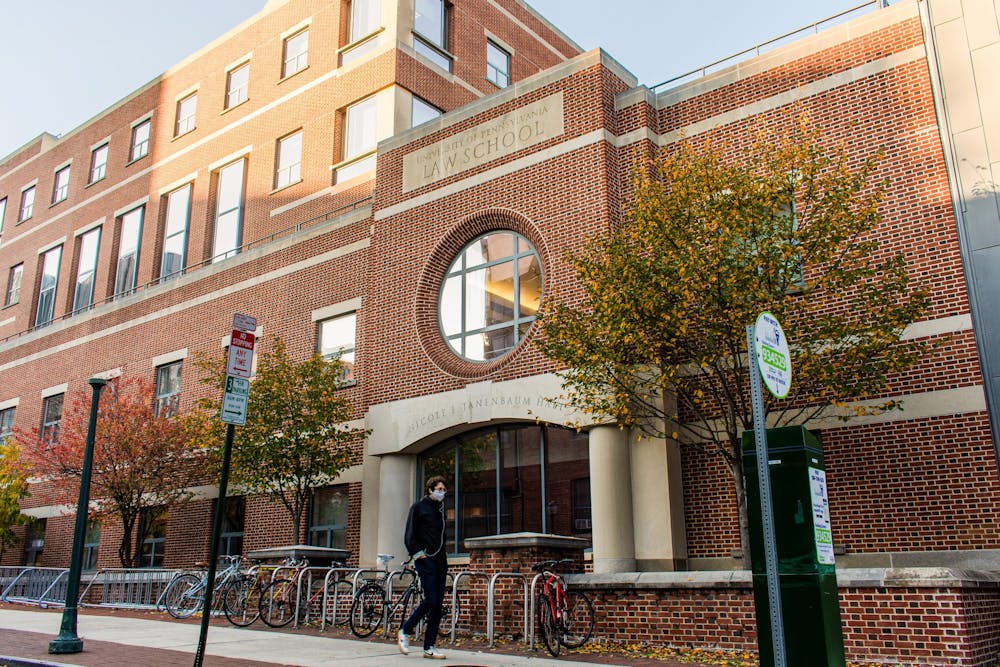The University of Pennsylvania Carey Law School's Future of the Profession Initiative has launched the Future of the Profession Lab — which will focus on addressing the problems that the American legal profession faces.
The Future of the Profession Initiative, which was founded in the spring of 2020, aims to create positive change in how the legal system affects society by bringing together a network of experts, students, lawyers, and professionals from different fields.
According to the Lab’s website, its mission is to create models that can solve the challenges faced by the American legal profession by partnering across disciplines and institutions, collaborating with existing legal problem-solving labs, and prioritizing seeding long-term change in the legal system. The Lab will also tackle the lack of diversity, equity, and inclusion in the legal field.
“[The Lab] embodies the Law School’s goals when it launched FPI three years ago,” Ted Ruger, Penn Law Dean and Bernard G. Segal Professor of Law, said.
On Nov. 3 and 4, around the same time that the Lab was announced, FPI hosted a Law 2030 conference. The two-day event convened participants in-person and online to discuss how legal workplaces can be reimagined using human-centered design principles, which the Lab will focus on when creating solutions.
Jim Sandman — a 1976 Penn Law graduate, distinguished lecturer, and senior consultant to the FPI — will serve as director of the Lab. Other members of the team include Judge Bridget McCormack — a strategic advisor at the FPI and the Chief Justice of the Michigan Supreme Court — and Erica Dixon, a project director at the FPI.
Sandman emphasized the importance of interdisciplinary collaboration when reforming the legal system.
“Innovation in law should incorporate learning from other disciplines to improve the justice system and the legal profession,” Sandman said. “The Lab will work closely with faculty and students from the Law School and from other schools across the University."
RELATED:
Penn begins search for successor to Penn Carey Law Dean Ted Ruger
Several schools including Wharton to offer online executive MBA program options
While the Lab is the newest part of the initiative, FPI is home to other projects involving students in the Penn community. Projects include Access to Justice Tech Fellows, a fellowship that connects law students with legal organizations to develop solutions to the barriers that prevent low-income Americans from receiving legal help, and the Weil Gotshal Legal Innovators Program, which pairs interested incoming law school students with a partner nonprofit organization for paid public service fellowships.









